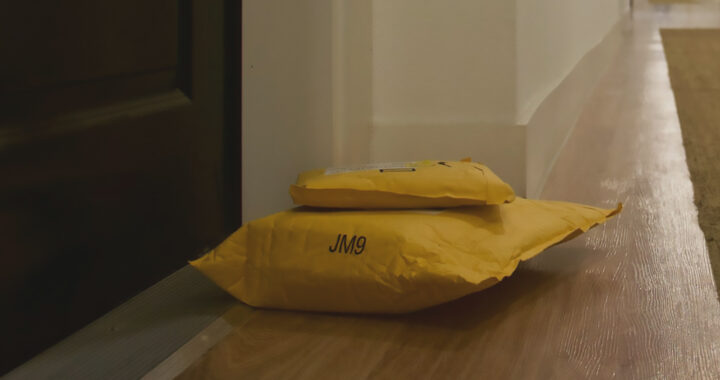The economy ministers of the European Union agreed to end the customs duty exemption for parcels imported into the EU with a declared value of 150 euros or less. The exemption, known as the de minimis threshold, allowed many low-value shipments to bypass tariffs. This new policy takes effect as early as January 2026.
Note that the policy change will require all small parcels entering the EU to pay customs duties from the first euro of declared value. Officials described the move as a step toward fairer competition, addressing concerns that foreign e-commerce platforms undercut European retailers through the exploitation of duty exemptions.
Chinese e-commerce platforms, including Shein and Temu, are expected to be most affected. These companies have depended heavily on the current exemption to offer low-cost goods to European consumers. EU officials indicated that removing the exemption would level the playing field for domestic European businesses.
Data from 2024 indicates that 4.6 billion small parcels were imported into the European Union. 91 percent of which originated from China. EU Economy Commissioner Valdis Dombrovskis highlighted the scale of the imports by emphasizing the need for regulatory reform to prevent continued exploitation of the customs system.
European Commissioner for Trade Maroš Šefčovič called the decision a defining moment for fair competition within the internal market. He stated that the exemption has long been exploited, and closing the loophole would support European retailers who have faced price pressures from low-cost imports for several years.
Ministers of each member state are scheduled to meet again in December 2025 to agree on a temporary system to implement the new rules. Officials indicated that the European Union could be ready to enforce the removal of the exemption as early as 2026. Note that this is ahead of a broader customs reform program.
Additional measures under discussion include a two-euro handling fee for small imported parcels. The fee is intended to cover administrative costs associated with customs inspections. Some officials suggested that the revenue generated could contribute to the EU budget while enhancing the monitoring of foreign e-commerce shipments.
Individual member states are also introducing measures to protect domestic industries. Italy, for example, is developing a specific tax on small parcels to safeguard the national fashion sector. Industry groups, including EuroCommerce, have urged coordinated action to prevent fragmented rules and ensure a level playing field.
